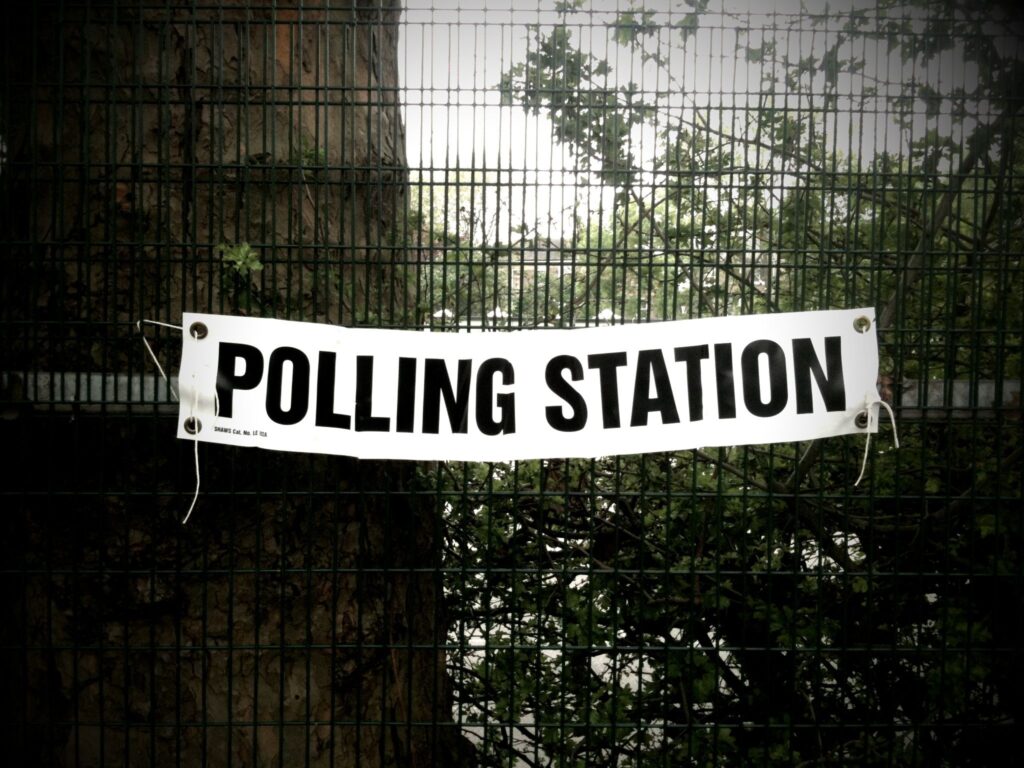5 ways to defend democracy in your own backyard

The elections are around the corner. Tomorrow, on 29 October, the Netherlands will head down to their local voting station to vote in the National elections. Are you residing in the Netherlands and eligible to vote? Find out where you can vote via the Open State Polling station map.
Elections are, however, just one of the ways you can exercise your right to vote.
See below for our tips on defending democracy in your backyard in the lead up to the elections and beyond!
1. Participate in elections
Starting off strong, and topical. Participate in your elections, both national and local.
- Head into the elections informed! Encourage those around you to do the same. Which parties are there, and what do they stand for? Do they align with your values? You can find out more about the party manifestos in an easy and accessible way through tools such as PartijPlein if you’re in the Netherlands!
- Bonus tip! Are you interesting in finding out how Democratic your party is? Yes! Then head to DemocratieWijzer.nl.
- Volunteer at polling stations. You can sign up to count votes at your local polling station via your municipality.
- Become an observer! If, for example, you reside in the European Union or partner country, you can train to become an Elections Observer and support other countries in holding free and fair elections.
2. Dialogue with those around you!
The values of dialogue stand central to democracy. Only through dialogue can we build inclusive democracies.
We’ve all spoken to someone, close to you or far, who thinks differently—politically or otherwise. These conversations can sometimes heat up, especially when the topics are close to your heart. It’s moments like this where dialogue is our friend.
Our tips for engaging in dialogue:
- Stay curious. Go in with an open mind and continue to ask questions. Curiosity is key!
- Don’t expect to change someone’s opinion, but dialogue is a way to understand each other better and find common ground.
- Know your boundaries. If the conversation gets heated and you are not in a safe space, it is also okay to walk away and revisit the conversation another time.
3. Join a political party or movement
This can be at varying levels of commitment! You could start by joining a political party as a member, attending their local events, or heading to the national conference and proposing or voting on motions that concern you!
- Start small. Attend a local branch meeting to get a feel for how the party operates and whether it aligns with your values.
- Get involved in policy development. Many parties welcome input from members on policy positions and election manifestos.
- Support grassroots movements. If traditional parties don’t resonate with you, consider joining issue-based movements that advocate for causes you care about, from climate action to social justice.
4. Get informed—find out why democracy matters
Simple yet effective! Understanding the foundations of democracy helps you appreciate and protect it.
- Read up on democratic principles. Explore resources about human rights, the rule of law, freedom of expression, and checks and balances.
- Follow credible news sources. Stay informed about current events through diverse, reliable media outlets to get a balanced perspective.
- Find out why it matters. At NIMD we believe that a peaceful and prosperous future relies on responsive and inclusive democracy. Find out here.
5. Get involved in your community!
Democracy doesn’t just happen at the ballot box—it thrives in communities where people actively participate.
- Volunteer with local organizations. Support groups that work on issues you care about whether education, environmental protection, gender equality or community development.
- Build bridges across communities. Engage with people from different backgrounds and perspectives around you to strengthen social cohesion.
- Find peaceful protests that matter to you. Peaceful protests are a fundamental democratic right and a powerful way to make your voice heard. Check if there are peaceful protests around international days or pressing issues happening in your neighborhood, for example, through Oxfam Novib’s website.
Every action counts!
Defending democracy isn’t a one-time action—it’s an ongoing commitment. Like any long-term relationship, it needs time, care, and effort to thrive.
Whether you choose one of these approaches or all 5, remember that every action counts. Democracy needs democrats and thrives when citizens are active, informed, and engaged.
What will you do to defend democracy today?
